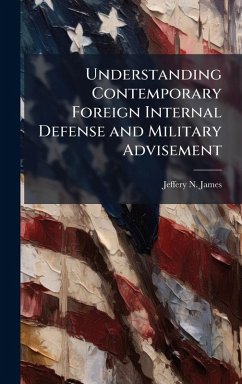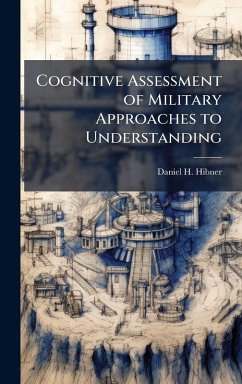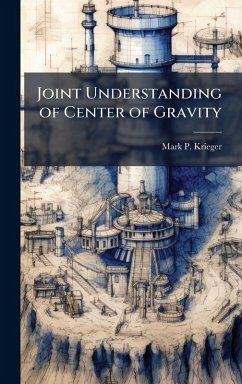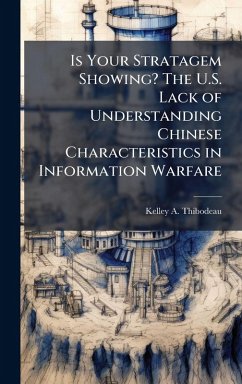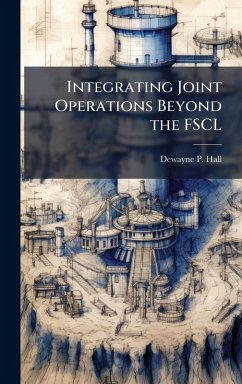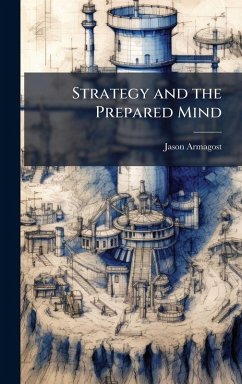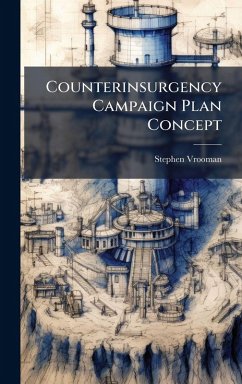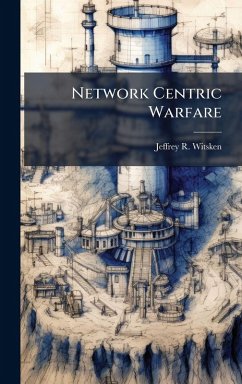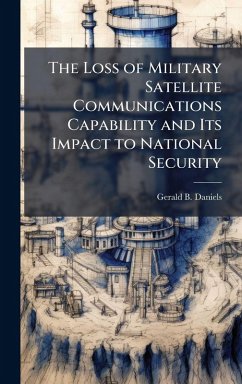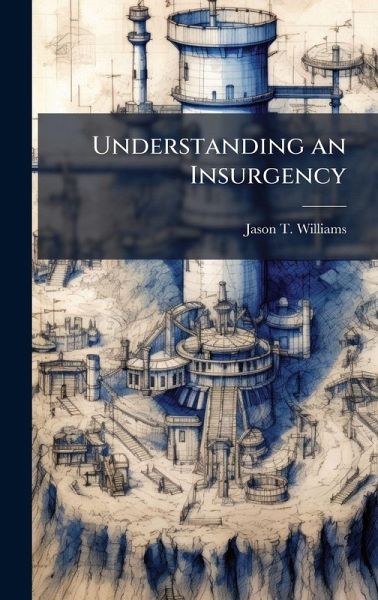
Understanding an Insurgency
Versandkostenfrei!
Versandfertig in über 4 Wochen
27,99 €
inkl. MwSt.
Weitere Ausgaben:

PAYBACK Punkte
14 °P sammeln!
The problems in Afghanistan are not simple and there is no single solution. Indeed, the problems in Afghanistan are not limited to Afghanistan. Instead, the problems extend to all of Afghanistan's immediate neighbors as well as, among others, the United States, NATO, Russia, Iran, and India. However, perhaps nowhere is the problem more pronounced than in Pakistan. Pakistan's relationships with Afghanistan and the rest of the world are heavily influenced by Pakistan's fears that it is isolated against an existential threat in India and its distrust of the United States. This fear has led Pakist...
The problems in Afghanistan are not simple and there is no single solution. Indeed, the problems in Afghanistan are not limited to Afghanistan. Instead, the problems extend to all of Afghanistan's immediate neighbors as well as, among others, the United States, NATO, Russia, Iran, and India. However, perhaps nowhere is the problem more pronounced than in Pakistan. Pakistan's relationships with Afghanistan and the rest of the world are heavily influenced by Pakistan's fears that it is isolated against an existential threat in India and its distrust of the United States. This fear has led Pakistan to pursue policies that have further complicated the situation in Afghanistan and created domestic turmoil that causes Pakistan to view the Taliban and its border region with Afghanistan from a different perspective than the United States. Given the specific context of Afghanistan, the United States and its allies must utilize both direct and indirect approaches and capitalize on their diplomatic, information operations, military, and economic resources in order to achieve its strategic objectives in the region. With respect to diplomacy, the United States must engage with Pakistan and the other nations in the region in order to assuage Pakistani fears of isolation at the hands of India and its distrust of the United States. The information instrument should be directed at the citizens and governments of Afghanistan and Pakistan, the Taliban and al Qaeda, the citizens and governments of the other Central Asian nations, and major regional players such as the European Union (EU), NATO, Saudi Arabia, China, Iran, and Russia. These messages should focus on delegitimizing al Qaeda's ideology and actions; separating the Taliban, which is a regional insurgency, from al Qaeda, which is a global insurgency; espousing a U.S. position that is oriented on a long-term commitment to the region; and promoting coalition efforts and membership. The military instrument should continue to be This work has been selected by scholars as being culturally important, and is part of the knowledge base of civilization as we know it. This work was reproduced from the original artifact, and remains as true to the original work as possible. Therefore, you will see the original copyright references, library stamps (as most of these works have been housed in our most important libraries around the world), and other notations in the work. This work is in the public domain in the United States of America, and possibly other nations. Within the United States, you may freely copy and distribute this work, as no entity (individual or corporate) has a copyright on the body of the work. As a reproduction of a historical artifact, this work may contain missing or blurred pages, poor pictures, errant marks, etc. Scholars believe, and we concur, that this work is important enough to be preserved, reproduced, and made generally available to the public. We appreciate your support of the preservation process, and thank you for being an important part of keeping this knowledge alive and relevant.



